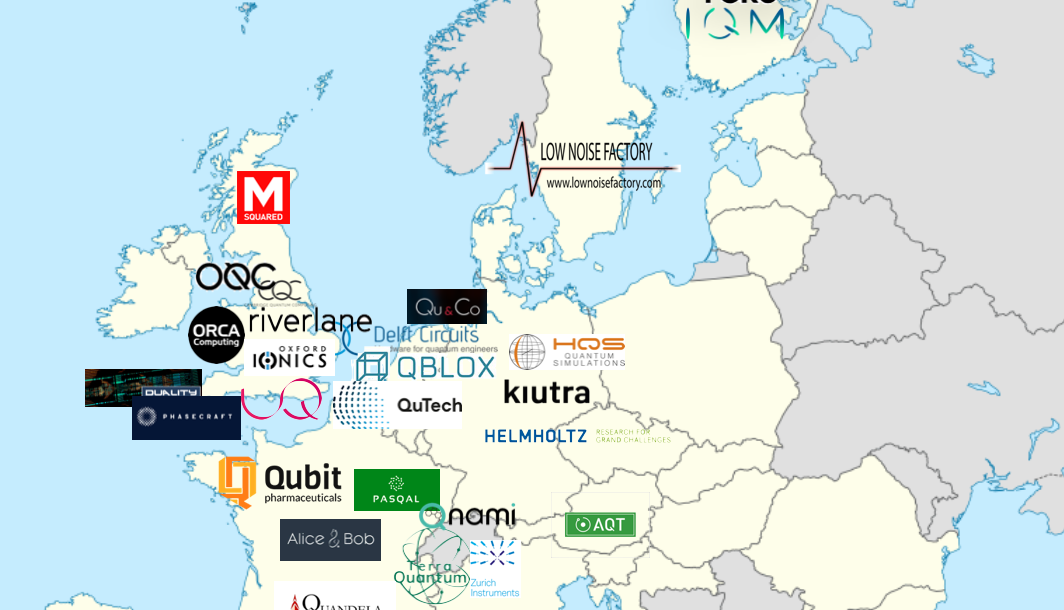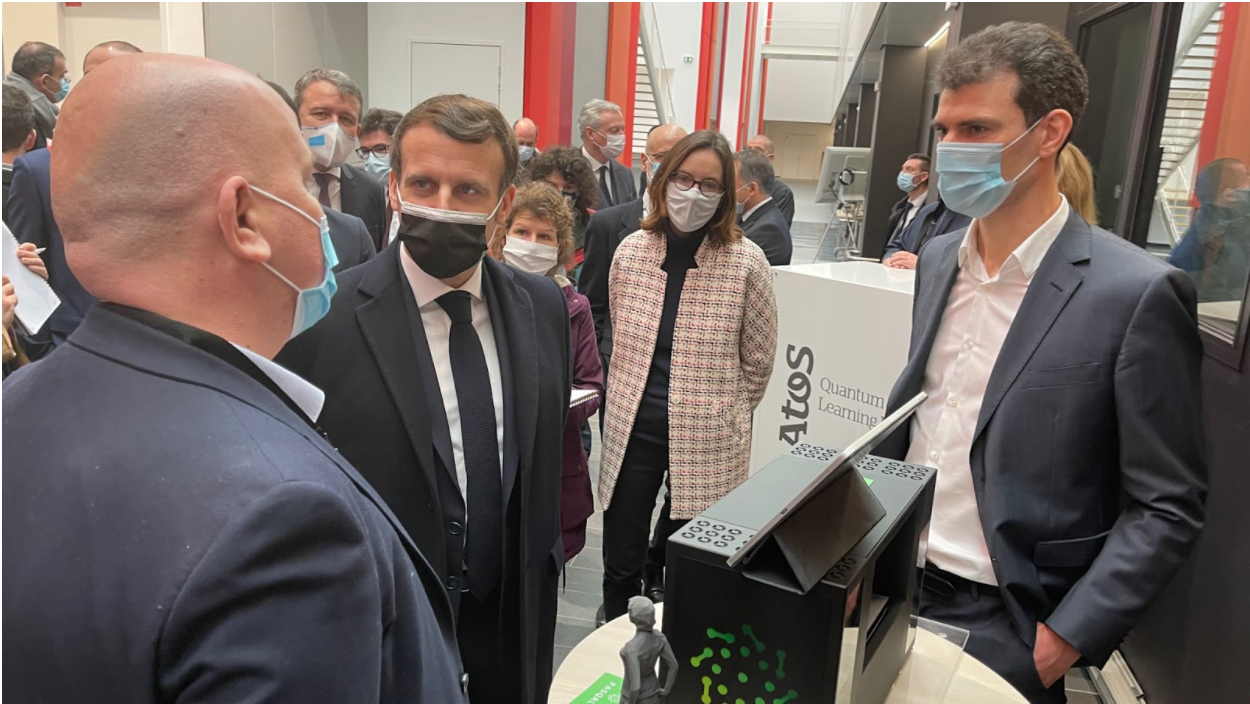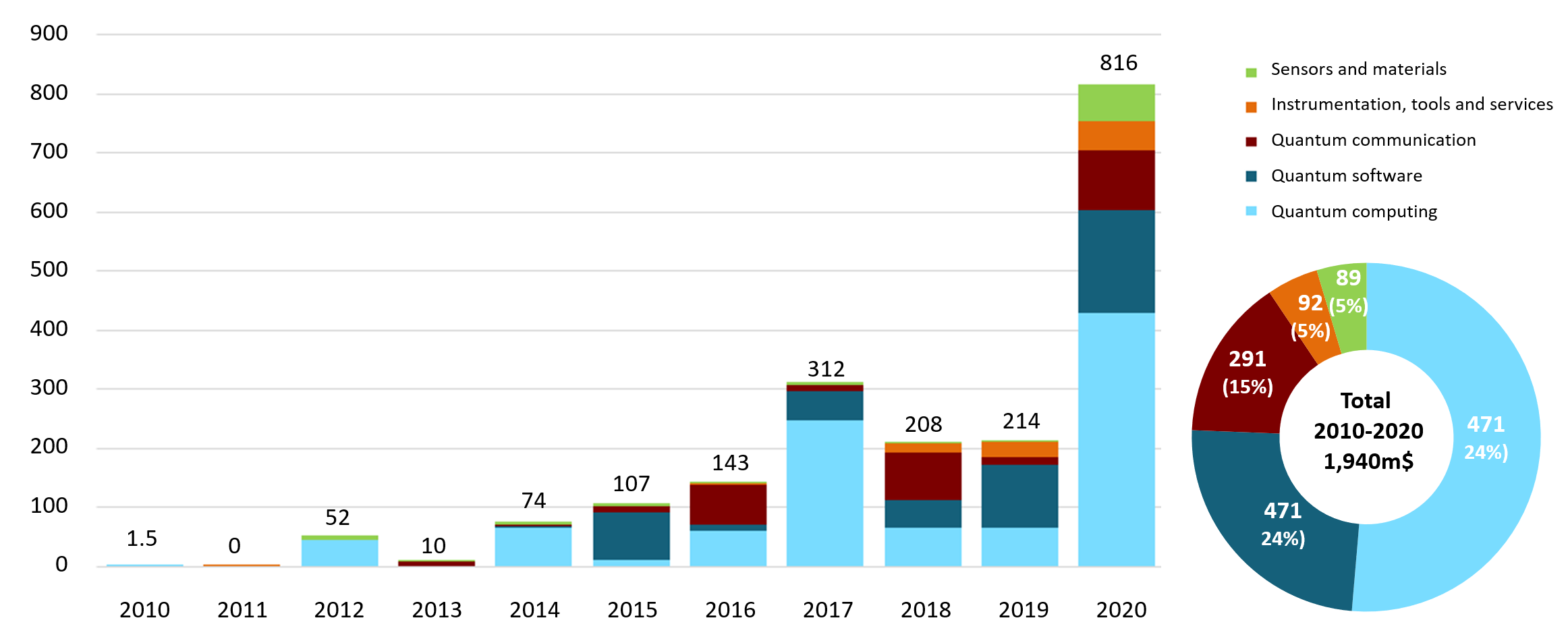Europe has an active quantum computing ecosystem that is starting to pull in bigger funding rounds from investors. One — or several — of these companies could be the source of the next big breakthrough in the sector. These are some of the best companies to watch.
This is the final part of our four-part series on quantum computing in Europe. The first was on why now is the right time to invest in European quantum computing; the second was on France's quantum plans; and the third was on the trend of quantum-as-a-service.
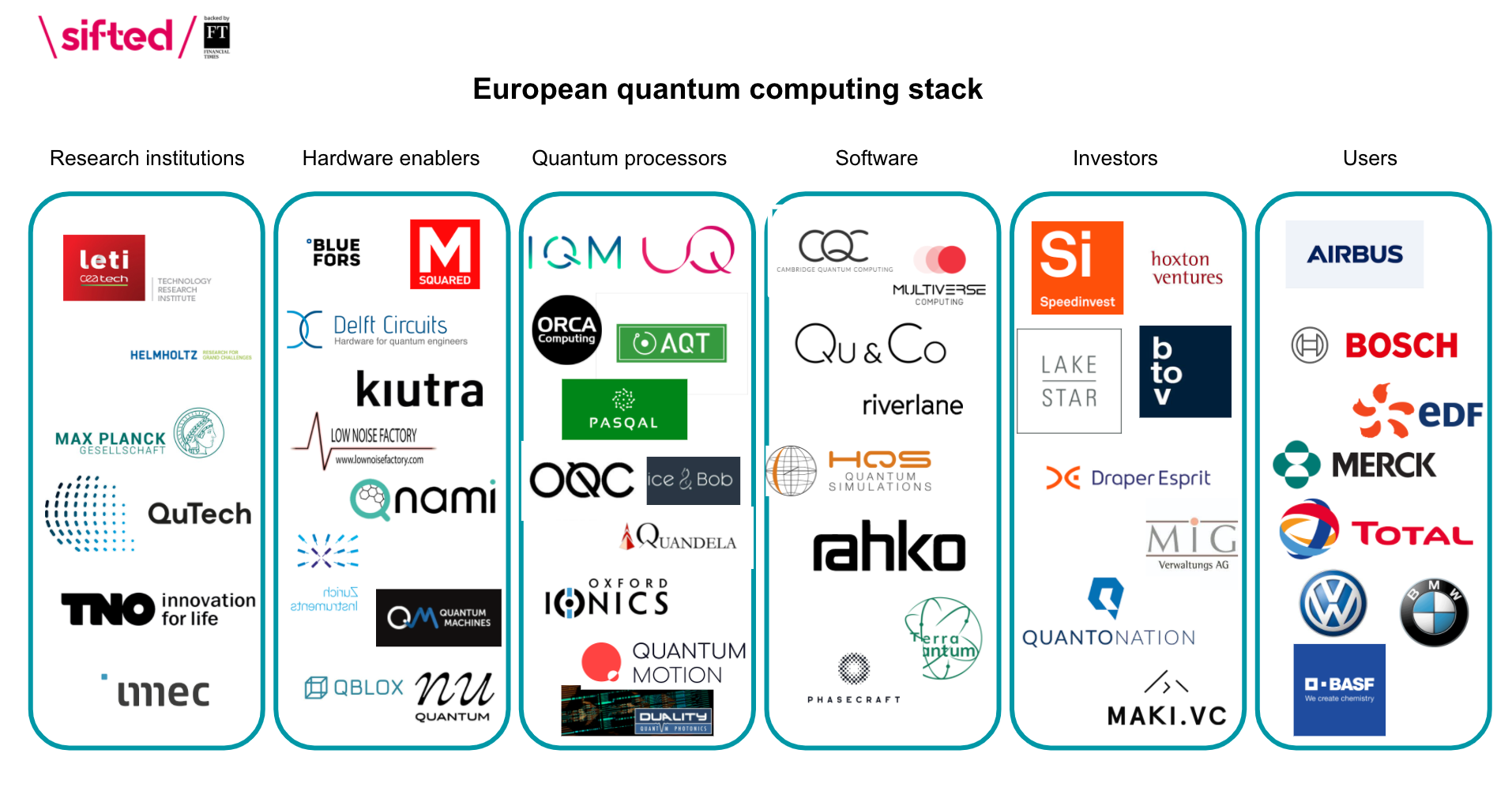
Software
Riverlane
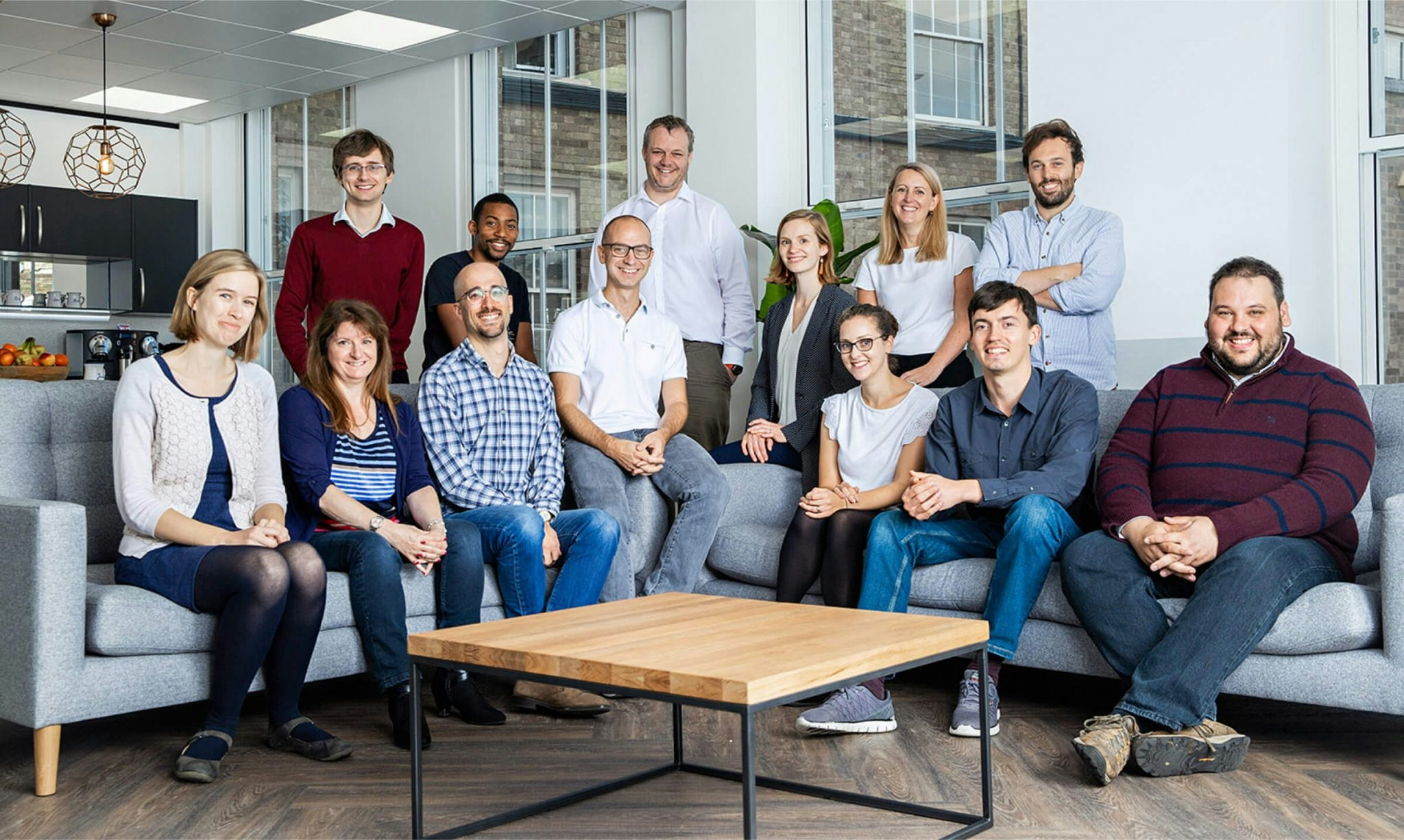
Classical computers only became truly useful when the industry developed user-friendly operating systems like Microsoft’s Windows. Riverlane is one of the companies hoping to be the Microsoft of the quantum computing era, and is hoping to make its Deltaflow software the industry standard.
The Cambridge University spin-out secured $20m in funding to build an operating system — Deltaflow — for quantum computers. The company says it's signed deals with 20% of quantum hardware makers last year.
The Series A funding round was led by VC fund Draper Esprit. Existing backers including Cambridge Innovation Capital, Amadeus Capital Partners and the University of Cambridge also participated.
Cambridge Quantum Computing
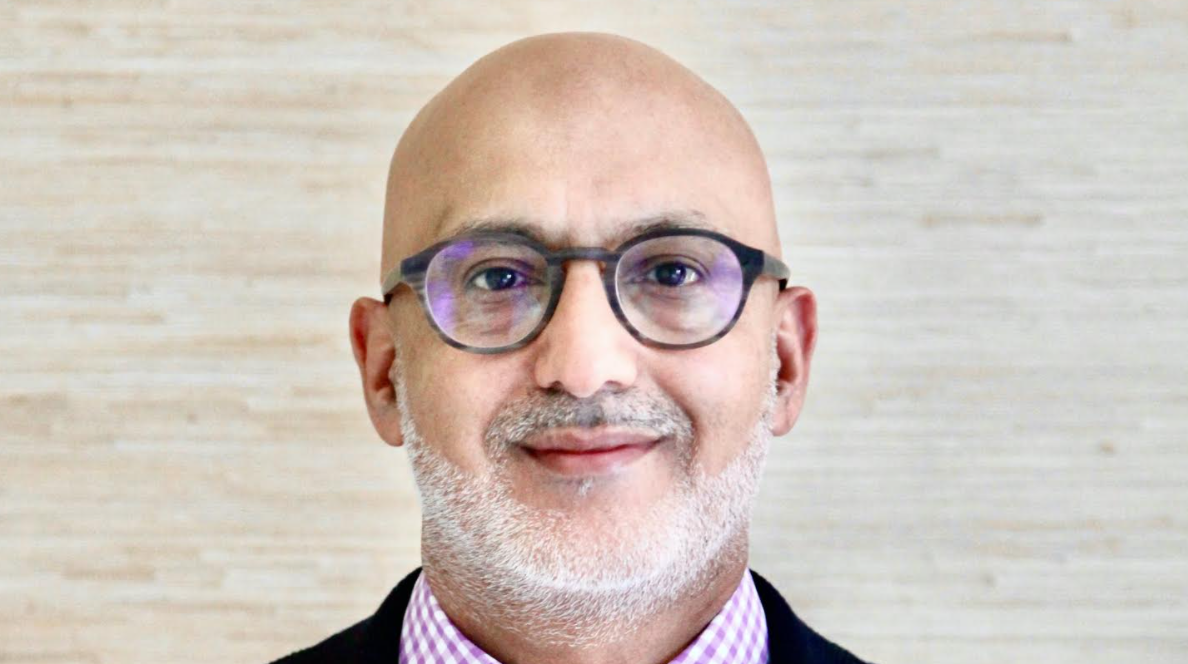
CQC, which is backed by Honeywell, IBM and JSR Corporation, is developing quantum SaaS (or QaaS), offering corporate customers services like genuine random number generation and quantum-proof cybersecurity. The company is also working on taking natural language processing to the next level allowing a computer system to “understand” the meaning of words by embedding them as quantum states. CQC is working with Roche on drug discovery.
The company has more than 140 staff and in December raised a $45m funding round in a deal that is understood to value the startup at $450m. Its chief scientist is Bob Coeke.
Rahko

Rahko is a London-based startup building a quantum machine learning platform that can model the behaviour of drugs, chemical reactions and the design of advanced materials with greater speed and accuracy than current state-of-the-art technologies.
Rahko has a collaboration deal with pharmaceuticals company Merck to look for novel drugs. Balderton Capital was one of the investors in Rahko’s £1.3m seed round in 2019.
Terra Quantum (both hardware and software)
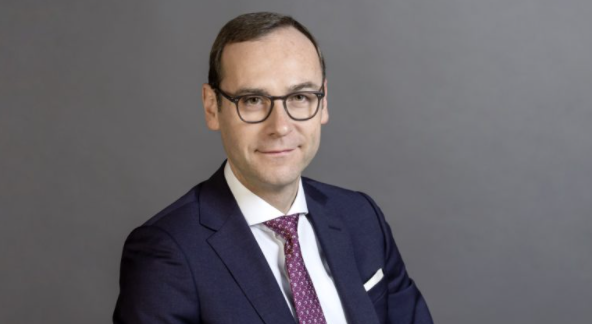
Terra Quantum is a Swiss deeptech incubator focused on quantum technologies, founded in 2019 by senior finance executive and former CERN Quantum physicist Markus Pflitsch and backed by Europe’s leading VC firm Lakestar.
It is developing a suite of quantum computing services that can be accessed through the cloud, from random number generation to quantum cryptography.
The 80-person team is developing its own high-temperature quantum technology, with a focus on patenting its discoveries. But founder and CEO Markus Pflitsch is also a big believer in commercialising quantum tools as early as possible, and so the team is also rolling out quantum software for use on all types of quantum machines .
Last autumn Terra Quantum partnered with Novarion, the high performance computing company, to build a hybrid quantum cloud that would combine high-performance classic computing with quantum computers.
Terra Quantum raised €10m from Lakestar last year.
Hardware
Pasqal
The spin-off from France’s Institut d’Optique has developed a promising technology based on neutral atoms manipulated by light. The team have achieve a record in the simulation of quantum systems with 196 qubits, whereas superconducting circuits, the most advanced quantum method to date, are currently limited to about 50 qubits.
Pasqal has been awarded more than €7m in funding from the European Commission EIC Accelerator program.
IQM
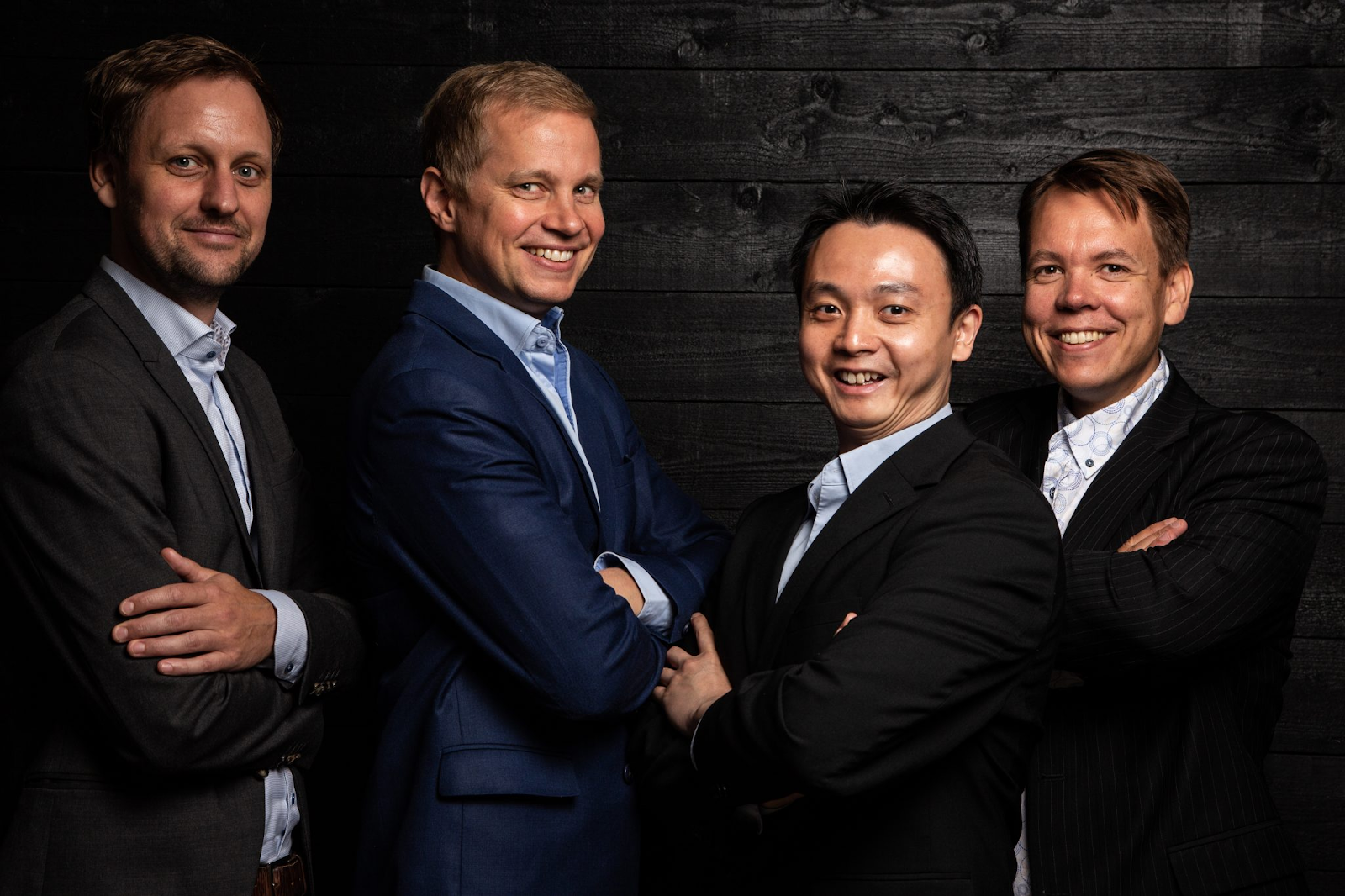
Helsinki-based IQM is developing quantum processors based on superconducting qubits, based on work done by researchers at Aalto University. The company is working on building a 5-qubit machine within a year with the aim of having a 50-qubit machine by 2024.
The team recently published a paper in Nature about a breakthrough allowing them to measure qubits more accurately.
IQM raised a €39m series A round last November from investors including Tencent, Maki.vc and Vito Ventures, which will be used to expand hiring and to develop operations in Germany. The latest round takes its total funding to €71m.
Delft Circuits
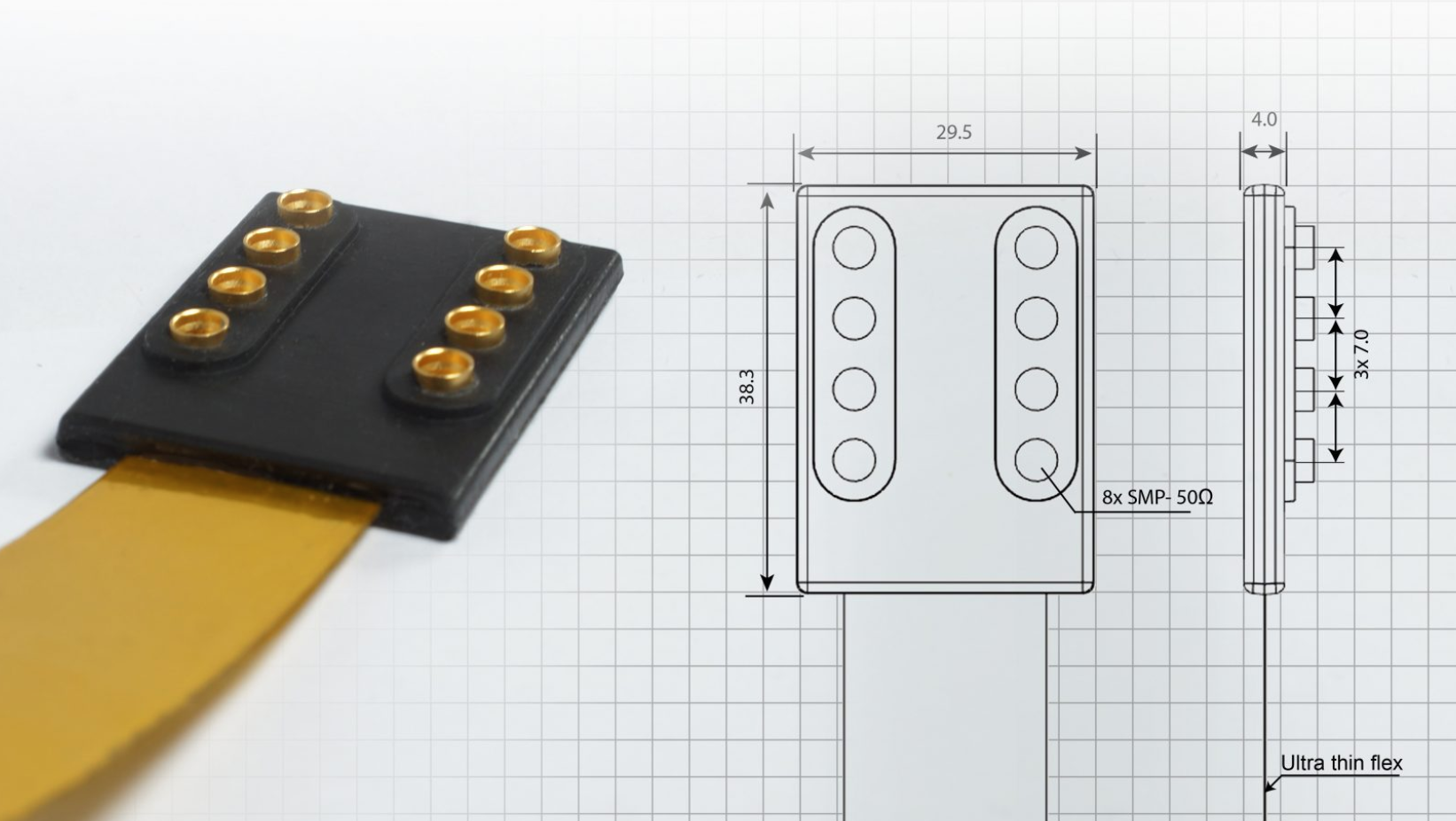
Delft Circuits, based at the University of Delft, makes cryogenic cables that are used in superconducting-based quantum computers. The ultra-low temperatures needed for this branch of quantum computing make normal wiring break and malfunction. Quantum computing needs a phenomenal amount of cables — each qubit needs to be connected with around four lines, meaning a 1k-qubit computer would need 4k cables. A standard Delft Circuits cable can cost as much as $600. You do the maths.
Delft Circuits supplies most of the big names in quantum computing, including Google, and NASA, and has so far been grant-funded, with no VC money. In fact, founder Sal Bosman famously walked away from an unfavourable VC deal.
Bluefors
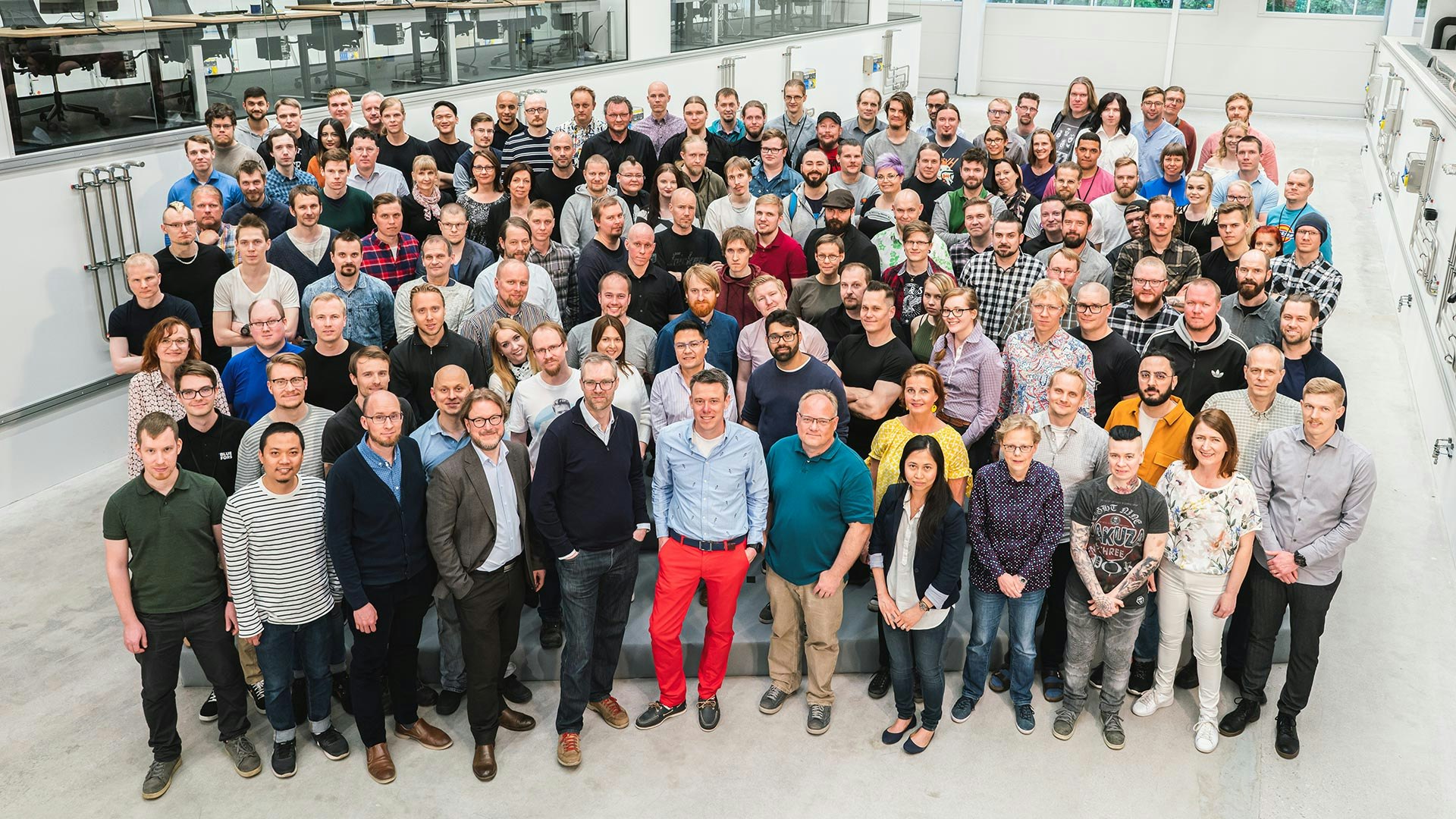
Superconducting quantum computers under development by companies like Google, IBM, and Rigetti need to operate at temperatures a fraction of a degree above absolute zero, and even a small rise in temperature — as little as 10 millikelvin — can render the system unusable. Much of the investment in quantum computing, therefore is in very hi-tech refrigeration equipment, such as that provided by Bluefors.
Founded in 2008 by two low-temperature physicists, Rob Blaauwgeers and Pieter Vorselman, Helsinki-based company now has more than 200 employees, including many precision machinists trained at the Finnish School of Watchmaking. The company has been entirely bootstrapped to date and has annual revenues of around €60m.
Bluefors recently opened a US office in Brooklyn.
Oxford Quantum Circuits
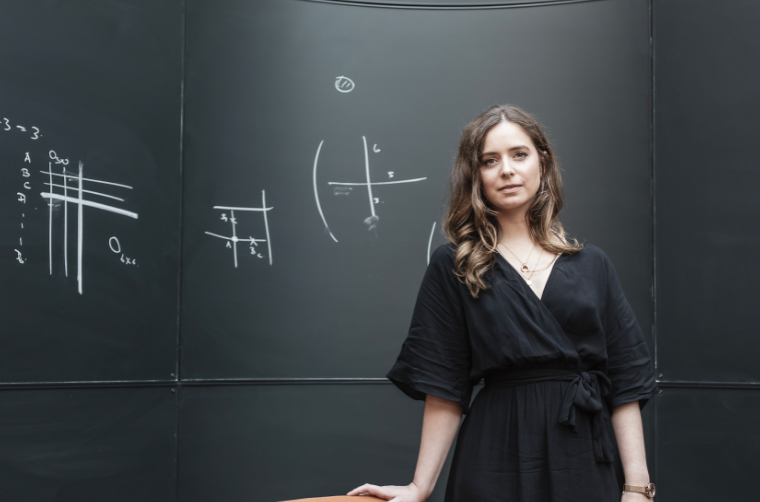
This University of Oxford spinout has built the UK’s first commercial quantum computer, based on superconducting technology. Essentially, a aluminium circuit, built on a piece of silicon is cooled down to the point where it becomes superconducting, and then goes beyond that to single electron effects.
The company recently said that advances in refrigeration technology would allow it to significantly scale up its quantum machine.
Alpine Quantum Technology
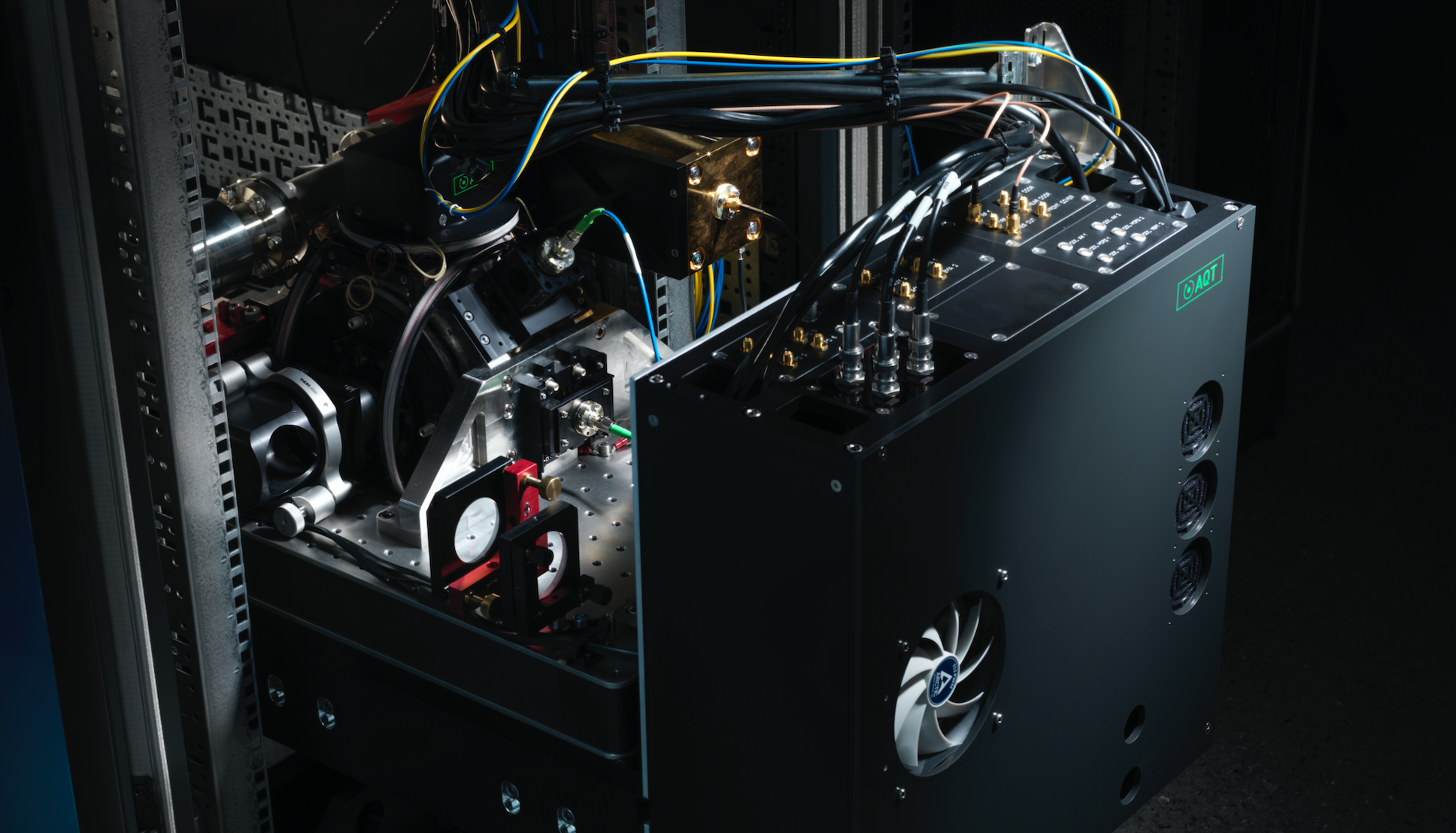
Austrian firm Alpine Quantum Technology is a University of Innsbruck spin-out, working on trapped ions as a basis for quantum computing. IonQ, which is rumoured to be planning a $2bn stock market listing via a SPAC, Honeywell and UK startup Universal Quantum are also working on the same technology. Ion traps were the basis for some of the first quantum circuits in the 1990s, but were then overtaken by superconducting quantum technologies. Now the technology has advanced enough to be considered a contender.
AQT has so far funded itself mainly through grants from Austrian government-affiliated organisations.
Universal Quantum
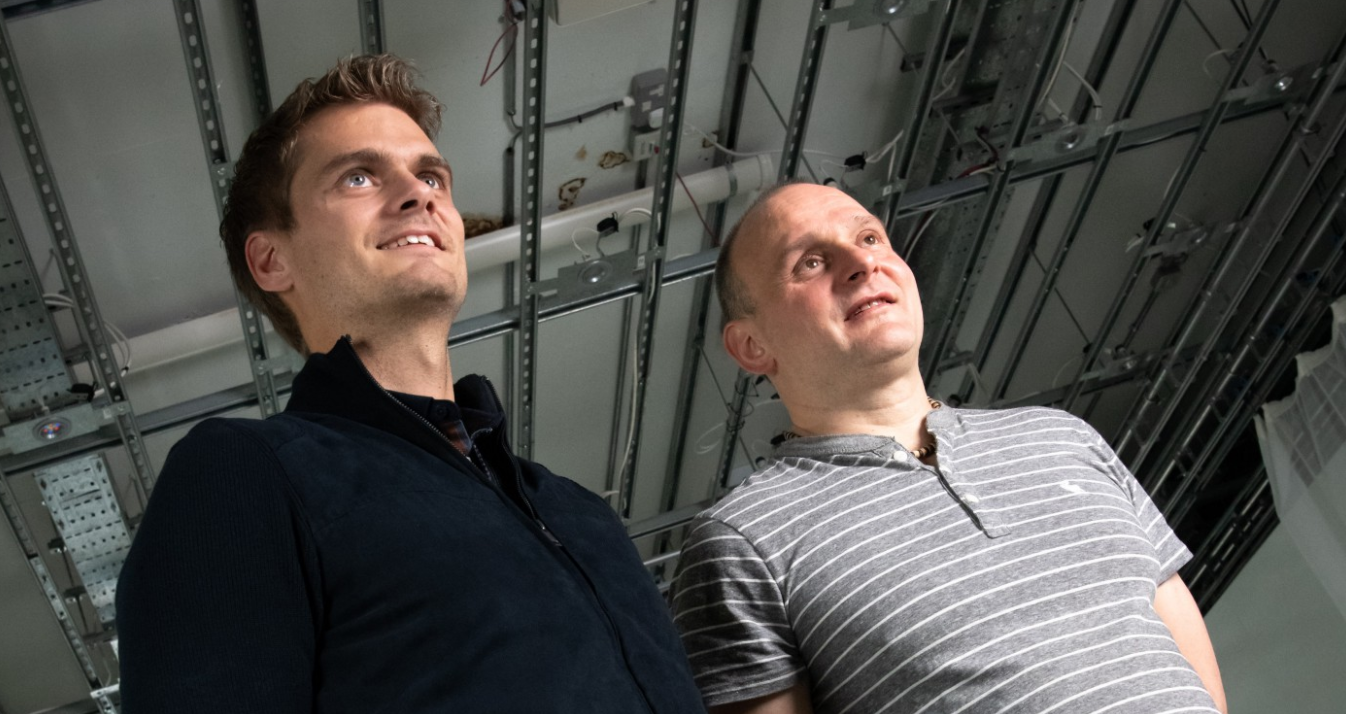
The University of Sussex spinout company is building a million-qubit machine using individually charged atoms — ions — that float above the surface of a silicon microchip. The benefit of trapped ion-based quantum computing is that it can operate at higher temperatures than superconducting system, needing temperatures of just 70K (more than -200 celsius but easier to achieve than the colder-than-deep-space temperatures of superconducting systems).
The company raised a £3.6m seed round last June with Hoxton Ventures and Luminous Ventures among the investors.
This is the fourth in our series of articles about quantum computing. Read the previous articles:
- Why now is the right time to invest in European quantum computing.
- Can France’s quantum plan deliver? An interview with Quantonation
- Why investors love quantum-as-a-service
👉 Read: The different types of quantum computer startups, explained


